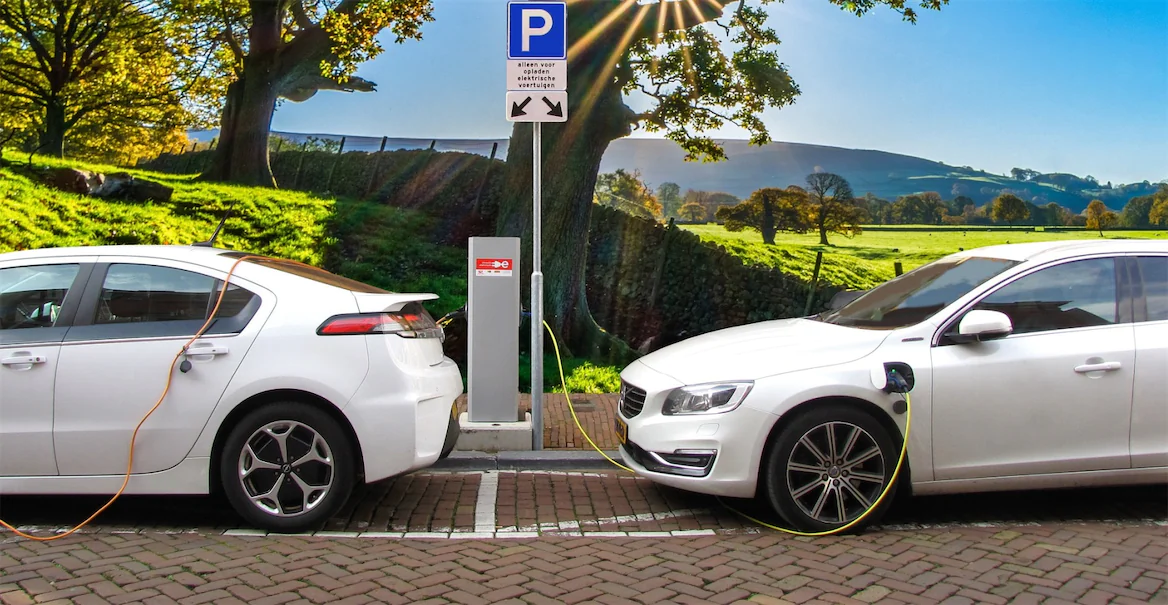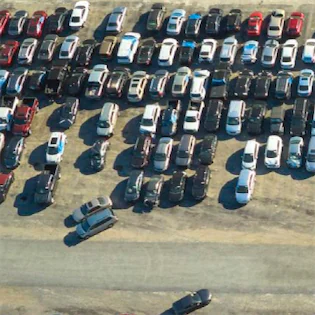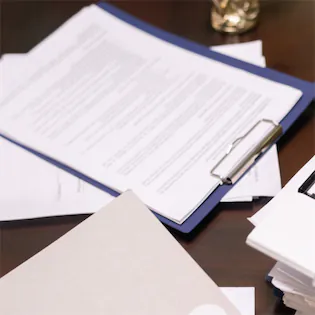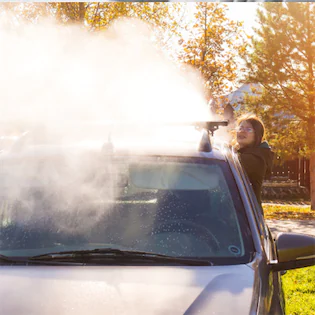What Does California Lemon Law Cover for EVs?
California’s Lemon Law, officially known as the Song-Beverly Consumer Warranty Act, provides protection to consumers who purchase or lease defective vehicles, including electric vehicles (EVs). Whether the vehicle is powered by gasoline, electricity, or a hybrid system, the law ensures that consumers are entitled to relief if their vehicle has persistent issues that affect its safety, performance, or value. It applies to both purchased and leased vehicles, and it covers cars, trucks, motorcycles, and importantly, the growing market of electric vehicles.
The California Lemon Law applies when a vehicle under warranty experiences ongoing, substantial defects that the manufacturer or authorized dealership cannot repair after a reasonable number of attempts. If a vehicle is deemed a “lemon,” the law allows the consumer to pursue remedies such as:
- A refund of the vehicle’s purchase price.
- A replacement vehicle.
- Monetary compensation for damages or losses incurred due to the defective vehicle.
Electric vehicles are fully covered under California’s Lemon Law, just like traditional vehicles. This means that defects specific to EVs—such as battery problems, charging issues, or software malfunctions—are recognized under the law and provide grounds for a Lemon Law claim.
Criteria for a “Lemon” in California
To qualify as a “lemon” under California law, the vehicle must meet certain criteria related to the frequency and severity of the defects:
- Repeated Repairs: The vehicle must have undergone four or more repair attempts for the same substantial defect within the warranty period. For electric vehicles, this could include recurring battery issues, software bugs, or problems with the vehicle’s drive system.
- Safety Issues: If a defect poses a significant safety risk—such as a malfunction in the EV’s braking or autonomous driving systems—the law may allow fewer than four repair attempts before the vehicle is considered a lemon. Safety-related defects that persist after multiple repair attempts can qualify a vehicle under this provision.
- Out of Service for 30 Days or More: A vehicle that is in the shop for more than 30 days due to repairs—whether consecutive or cumulative—can also qualify as a lemon. In the case of electric vehicles, this could occur if the vehicle requires extended diagnostics for software-related issues or if replacement parts, like specialized EV batteries or electronic components, are delayed.
Substantial Defects and EVs
A substantial defect is one that significantly affects the safety, value, or usability of the vehicle. For electric vehicles, this could include a variety of problems specific to their technology:
- Frequent Software Malfunctions: As EVs rely heavily on software to control key functions (such as driving performance, autopilot, and regenerative braking), frequent software bugs or malfunctions that cause the vehicle to operate improperly may be considered a substantial defect. If the software is unreliable and multiple repair attempts fail to fix the issue, the vehicle may qualify as a lemon.
- Battery Failures: One of the most critical components of an EV is its battery. Significant battery issues—such as rapid degradation, inconsistent range, or charging failures—can severely impact the usability of the vehicle. A battery failure that reduces range drastically below the manufacturer’s specifications or a charging system that consistently fails to work can render the EV unreliable, qualifying it as a lemon.
- Other Electrical or Mechanical Problems: Defects in an electric vehicle’s drive motor, power electronics, or regenerative braking system can all fall under Lemon Law protection if they affect the vehicle’s ability to function properly. These issues often require specialized expertise to diagnose and repair, and repeated failures may meet the criteria for a Lemon Law claim.
Steps to Take If You Believe Your EV Is a Lemon
1. Keep Detailed Records
One of the most important steps in any Lemon Law case is to maintain thorough documentation. This includes:
- Repair Orders and Invoices: After each repair attempt, make sure to obtain a copy of the repair order from the dealership or service center. This document should clearly outline the problem, the work performed, and the time spent in repairs.
- Service Records: Track how many days your vehicle has been out of service due to repairs. In California, a vehicle that is in the shop for more than 30 cumulative days within the warranty period can be classified as a lemon.
- Communication Logs: Keep a record of all communication between you, the dealership, and the manufacturer. This includes emails, phone calls, and in-person meetings. It’s important to have a clear record of your efforts to resolve the issue.
2. Report the Defect Promptly
When you notice a defect in your electric vehicle, it’s essential to report the issue as soon as it appears. Delaying the report may lead to a prolonged diagnosis or repair process, which could undermine your Lemon Law claim.
- Document Every Repair Attempt: Ensure that each visit to the dealership or service center is well-documented. Describe the problem in as much detail as possible, and ask the technician to include the specific defect in the service report. This establishes a paper trail showing that you have been proactive in addressing the issue.
- Follow Up: After each repair attempt, follow up with the dealership to ensure the problem is being addressed. If the defect persists, keep reporting it with every visit to establish the repeated repair attempts required for a Lemon Law claim.
3. Be Aware of the Warranty Period
The California Lemon Law applies only within the vehicle’s warranty period, which is why it’s important to understand the length of your warranty and act promptly if issues arise.
- Manufacturer’s Warranty: EVs often come with separate warranties for different components, such as the battery and electric drivetrain. These warranties might be longer than those for traditional cars, but it’s crucial to familiarize yourself with their specific terms.
- Time Limits: The Lemon Law covers vehicles within the first 18 months or 18,000 miles, whichever comes first, but it can also apply beyond that if the warranty is still in effect. If you suspect your EV is a lemon, you should act before the warranty expires to ensure that your rights are protected.
4. Seek Legal Help Early
If your EV has persistent problems that aren’t resolved after multiple repair attempts, it’s wise to consult with a Lemon Law attorney early in the process. Navigating the Lemon Law can be complex, and legal professionals can help you avoid common pitfalls that could weaken your claim.
- Avoid Missing Deadlines: A Lemon Law attorney will ensure that you don’t miss crucial deadlines, such as the expiration of your warranty or statutory limits on filing a claim.
- Handling Manufacturer Communications: Manufacturers may try to downplay the severity of the issue or offer insufficient remedies. A legal expert can handle all communications with the manufacturer and advocate on your behalf to ensure that your case is taken seriously.
- Maximizing Compensation: An attorney experienced in Lemon Law cases can help you determine the best outcome for your situation, whether that’s a vehicle replacement, a refund, or monetary compensation.
Contact Lemon Daddy Today
At Lemon Daddy, we specialize in California Lemon Law cases and are here to help you through every step of the process. Our experienced team understands the complexities of electric vehicle defects and has a proven track record of successfully handling claims against major manufacturers. With no out-of-pocket costs to you—we collect our fees directly from the manufacturer—there’s no risk in reaching out for help.
If your EV is giving you trouble and you believe it qualifies as a lemon, contact Lemon Daddy today for a free consultation. Let us fight for your rights and get you the compensation you deserve. Call us at (888) 242-9392 or email us atLemon@drakelawgroup.com to get started. With our high success rate and client-first approach, you can rest assured that your case is in expert hands. Don’t let a defective vehicle disrupt your life—Lemon Daddy is here to help.









